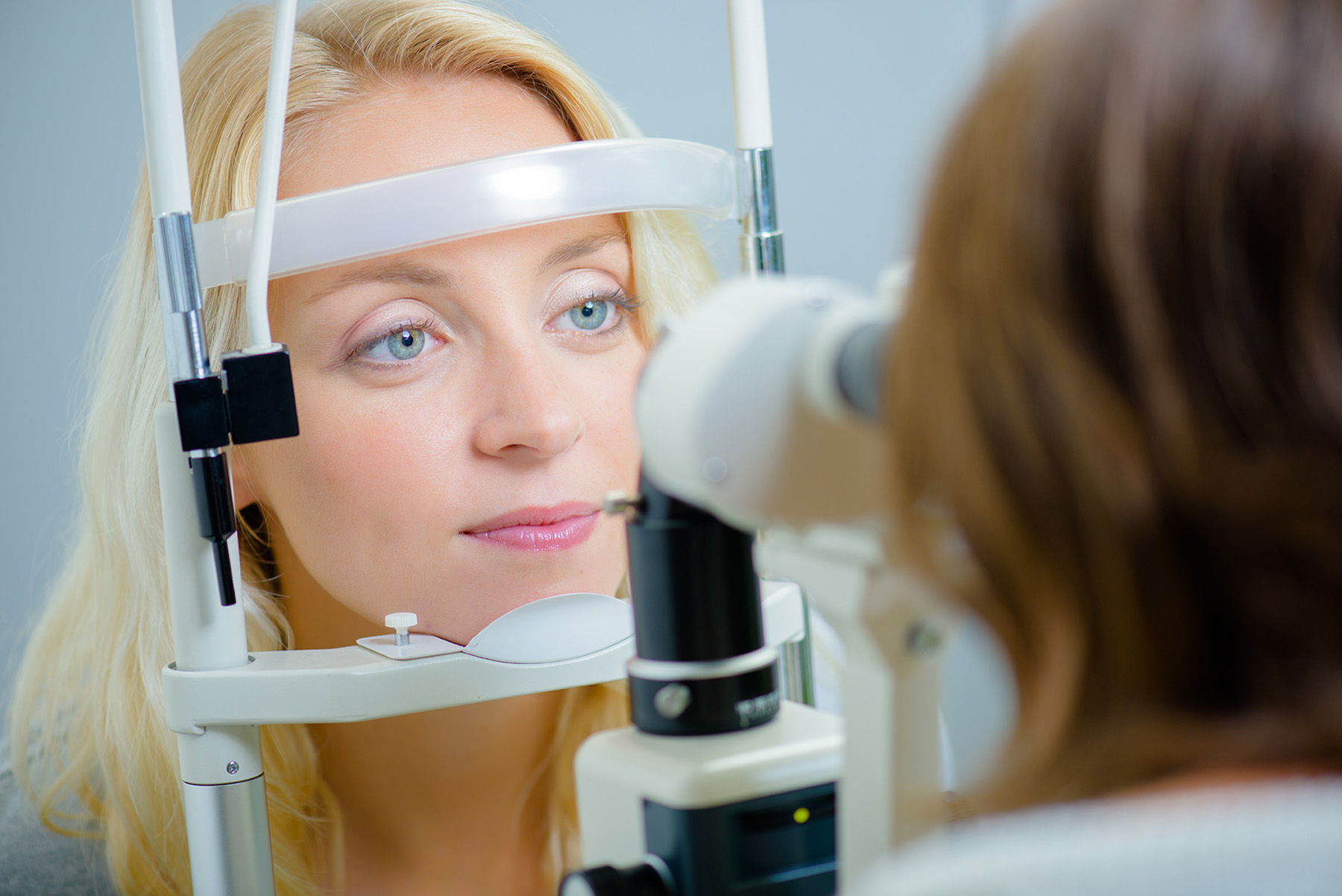Eye Disease Specialist in Parker, CO
Eye diseases can pose significant challenges, affecting not only your vision but also your daily activities and well-being. Left untreated, these problems can progress, potentially leading to severe vision impairment. Detecting eye diseases in their initial stages enables timely intervention, which can help slow down or even halt the condition’s progression. While you may notice changes in your vision, only a trained eye care specialist can accurately diagnose and formulate a tailored treatment plan.

Common Eye Diseases
During comprehensive eye examinations, our experienced optometrists will assess various aspects of your vision and eye health; this allows us to detect a range of common eye diseases at their early stages. Some of the prevalent eye diseases we screen for during our examinations include:
- Age-Related Macular Degeneration (AMD)
- Glaucoma
- Dry Eyes
- Retinal Detachments
- Keratoconus
- Diabetic Retinopathy
- Cataracts
- Eye Infections
- Macular Degeneration
Warning Signs of Eye Disease
Recognizing the warning signs of potential eye diseases empowers you to seek timely care from an eye disease doctor. Pay attention to these warning signs, as they could signal the presence of an eye disease that requires prompt attention:
- Blurred or Distorted Vision – Sudden or gradual changes in the clarity of your vision could indicate a range of issues, from refractive errors to more serious conditions like macular degeneration.
- Peripheral Vision Loss – The gradual loss of peripheral vision might be an early indicator of glaucoma, which can lead to permanent vision loss if left untreated.
- Eye Pain or Discomfort – Persistent pain, discomfort, or a feeling of pressure in your eyes should not be ignored, as it could be related to conditions like eye infections or glaucoma.
- Seeing Floaters or Flashes – The sudden appearance of floaters (small spots or specks that drift across your field of vision) or flashes of light could indicate retinal detachment or other retinal issues.
Visual Therapy Services that Unlock Your Vision Potential
Book Your Appointment Today
Importance of Routine Eye Exams
Your eyes are dynamic and can undergo changes over time. Routine eye exams provide a baseline for monitoring these changes, enabling us to track any shifts in your visual health. Eye diseases often develop silently, without obvious symptoms in their early stages. Routine eye exams allow us to create tailored management and treatment plans that address your specific requirements.
How Often Should You Get an Eye Exam
The timing of your eye exams can vary based on factors such as age and specific risk factors.
Children – Pediatric eye exams are crucial for detecting vision issues affecting learning and development. Children should have their first comprehensive eye exam between 6 months and 1 year of age, followed by regular exams as recommended by our optometrists.
Adults – For adults with healthy eyes and no known risk factors, a comprehensive eye exam every two years is often sufficient. However, individuals over 40 years of age should consider yearly exams, as the risk of age-related eye diseases increases.
Individuals with Risk Factors – If you have specific risk factors, such as a family history of eye diseases, diabetes, high blood pressure, or a history of eye injury, more frequent eye exams may be recommended to monitor your eye health closely.

Comprehensive Eye Exams in Parker, CO
By detecting eye diseases in their early stages, we can implement timely interventions that prevent progression and help you lead a life without vision-related limitations. Don’t wait for symptoms to arise; schedule your next eye exam at Good iSight in Parker, CO. If you are suffering from eye disease, Dr. Good will work with you to develop a comprehensive care plan for your specific situation.
